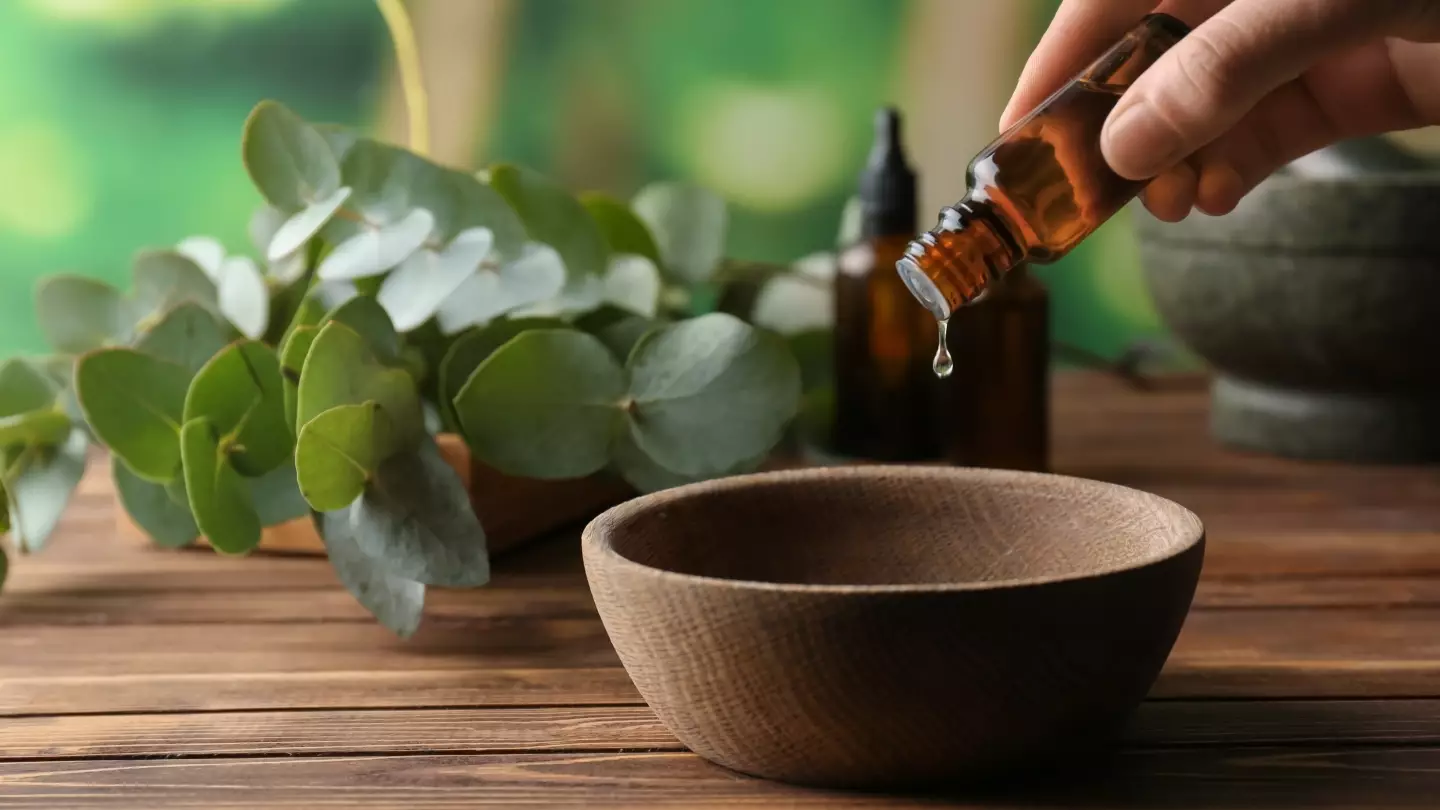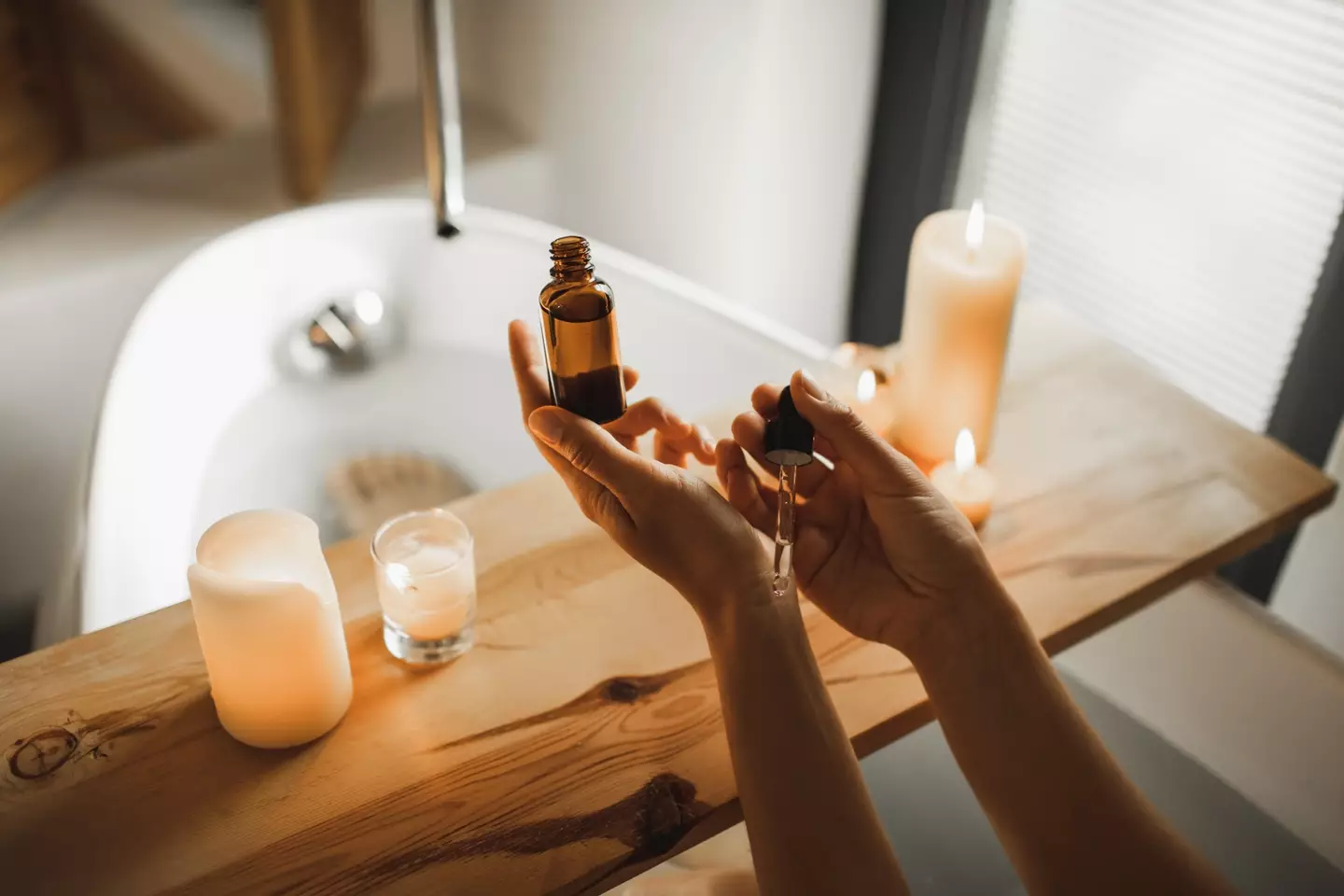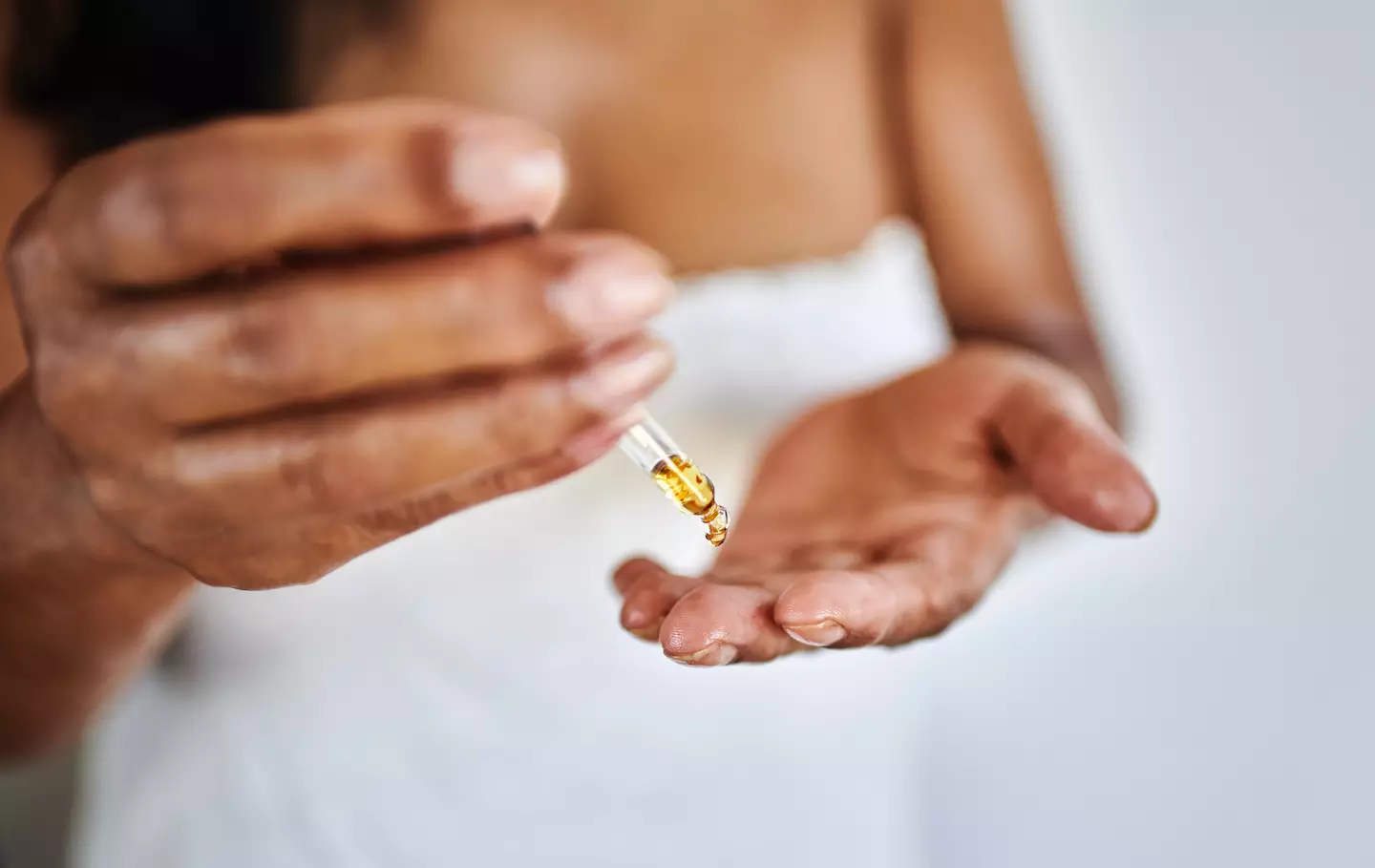
In a bid to relieve the stress of modern-day working life, more and more people are turning to essential oils.
Whether implemented into a skincare routine or drizzled into a bathtub, these highly concentrated extracts are said to have major benefits when it comes to health and relaxation - from helping improve a person's sleep to boosting their overall mood.
On top of this, they've become a firm favourite among users due to the perception that they're natural, being primarily plant-based, as opposed to synthetic and plied with chemicals.
Lavender oil, for example, is believed to aid relaxation, tackle sleep issues and treat minor skin irritations. Tea tree oil, meanwhile, acts as an antiseptic and is said to take on both acne and fungal infections. Digestive issues and headaches are said to be the expertise of peppermint oil, which also has a topical cooling effect, while eucalyptus oil can work as a decongestant.
Advert

However, it turns out that a number of factors can affect the way that essential oils impact the body, including a user's age, any underlying health conditions they may have, any medication they're on, or their consumption of any conflicting supplements.
As such, one doctor has issued an urgent warning about approaching essential oils with caution.
Speaking to Tyla, Dr Farah Ahmed explained of these popular products: "While many people enjoy using them as part of their wellbeing routines, it’s important to recognise that 'natural' doesn’t always mean risk-free.
Advert
"Topical use can lead to adverse reactions such as skin irritation, allergic dermatitis, or photosensitivity, particularly with oils like citrus, tea tree, or peppermint. Essential oils are highly concentrated plant extracts, and applying them undiluted can cause burns or rashes, especially on sensitive skin."

Dr Ahmed went on to emphasise that the application of essential oils to the skin isn't the only major danger.
"Inhalation can also pose risks, particularly for people with asthma or other respiratory conditions," she continued. "Strong aromas can trigger coughing, wheezing, or even asthma attacks.
Advert
"Certain oils, such as eucalyptus or camphor, can cause breathing difficulties in young children if inhaled in high concentrations."
The medication a person has been prescribed at the time they begin using essential oils can also have a detrimental impact on their health, with Dr Ahmed describing this as the 'more serious' risk.
"Some compounds are metabolised by the same liver enzymes (such as CYP450 enzymes) that process common medications," she explained. "This means essential oils can potentially alter how drugs are broken down, leading to either reduced effectiveness or increased side effects.
"For example, some oils may affect blood-thinning medications like warfarin, thyroid treatments, or anticonvulsants. Additionally, ingesting essential oils, which is sometimes promoted online, can be dangerous and should never be done without medical supervision."
Advert

Dr Amhed also went on to explain the impact essential oil use can have on pregnant women.
"Certain essential oils, including sandalwood, should be used with particular caution during pregnancy," she emphasised.
"Some oils may have hormonal or uterine-stimulating effects, and while evidence is limited, experts generally advise avoiding or minimising use during pregnancy to reduce potential risks to both parent and baby.
Advert
"While essential oils can have a place in self-care, they should be used with care: dilute properly, patch test, and use in well-ventilated spaces. Pregnant women, children, and anyone with chronic health conditions or on regular medication should speak to a healthcare professional before use."